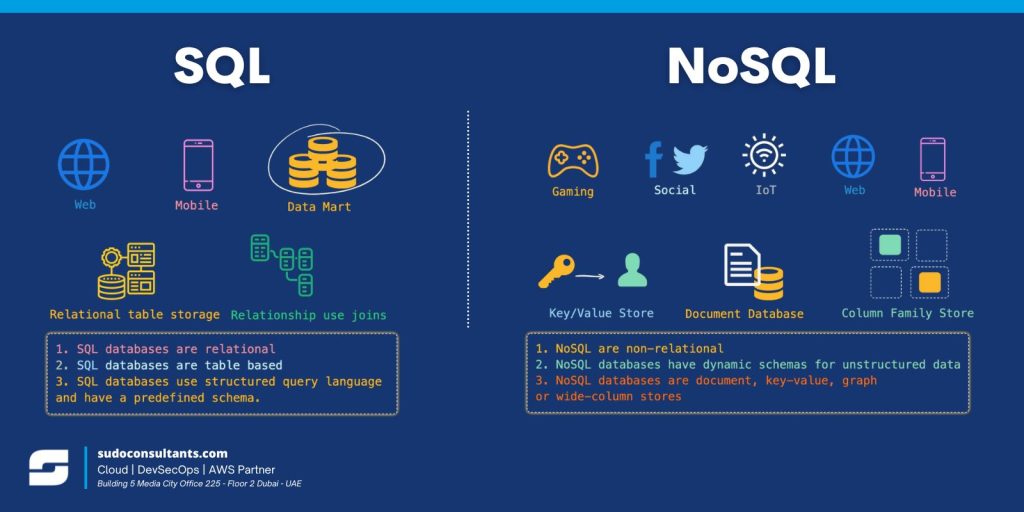In the landscape of data-driven products, providing customers with the ability to query their own data is a game-changer.
The question is: how do you do it safely and effectively?
One answer lies in offering SQL support within your product. In this post, we’ll walk you through the upsides, potential pitfalls, and various strategies for implementing SQL support.

The Value of SQL in Your Product
SQL, the language of databases, has stood the test of time.
It’s trusted, familiar, and powerful.
While alternative query languages exist, SQL remains a stalwart choice for many. Its structured nature, despite criticisms of verbosity(being too clunky), makes it a reliable option.
And in a world where data privacy and security are paramount, SQL’s controlled syntax provides an added layer of safety. Great for auditors!
Ways to Incorporate SQL Support
| No-Join, Single Table SQL | This approach offers simplicity. It allows users to query a single table without complex joins or expressions. It’s perfect for straightforward operations like filtering and aggregating data. |
| CLI Tools | Command Line Interface (CLI) tools provide a quick and direct way to query data files. They’re handy for on-the-fly insights and work well with various file formats like CSV, JSON, and Parquet. |
| Parse SQL and Fetch Data Yourself | Building your own query engine from scratch is a substantial undertaking. It requires creating a parser and a query execution plan. This option is recommended only if you’re ready for a significant development effort. |
| Proxy SQL to the Actual Database | Leveraging existing database engines like Postgres or MySQL is an excellent choice. It offers robust querying capabilities, but it also comes with challenges in terms of user management, security, and resource allocation. |
| In-Memory SQL Libraries | Libraries like SQLite, DuckDB, LINQ, PartiQL, and Apache Calcite provide in-memory querying capabilities. Depending on your data size and use cases, these libraries can be efficient solutions. |
| Pluggable SQL Engines | Solutions like AWS Athena offer pluggable architectures. They allow custom connectors, functions, and more. Be mindful of security considerations, especially in multi-tenant environments. |
Choosing the Right Path
Ultimately, the best approach depends on your specific product, data volume, and user requirements.
Each method has its strengths and trade-offs. Consider factors like scalability, security, and user experience when making your decision.
Incorporating custom SQL support into your product opens up a world of possibilities for your customers. It empowers them to extract insights and derive value from their data on their terms. With the right implementation, you can provide a seamless and secure querying experience that sets your product apart.
When it comes to achieving exceptional results; consulting a with the UAE’s top DevOps professional – SUDO Consultants.
Embrace a unified approach that optimizes software and applications by automating the entire process. Our DevOps consulting services will allow your business to make the best possible decisions to produce better results by enabling developers and system administrators to work hand in hand.
So, are you ready to unlock the potential of custom SQL support in your product?